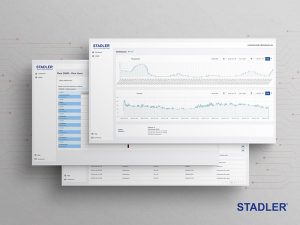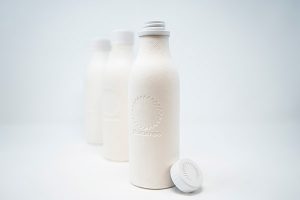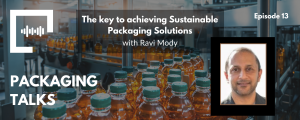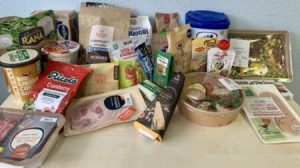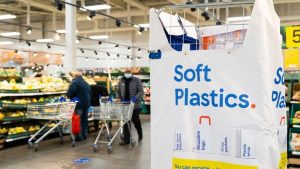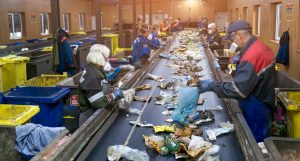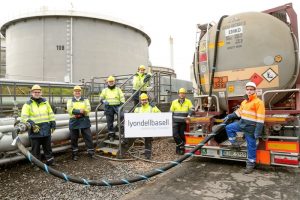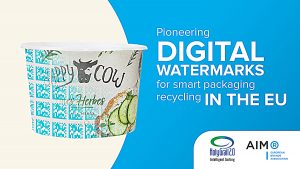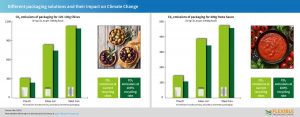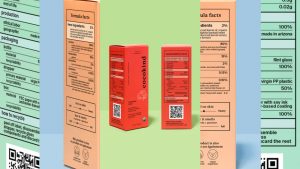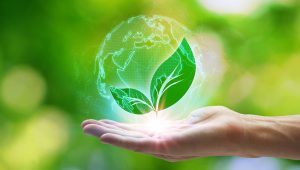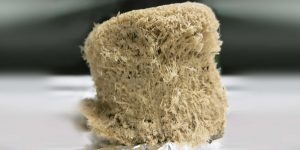
Material Research Says Yes to Wood
Researchers at TU Graz develop green alternatives to fossil raw materials. Bio-based materials are expected to reduce pollution and drive the shift to a more sustainable economy. As a renewable resource, wood offers great potential in the fight against the climate crisis. First, it sequesters large amounts of carbon (1 ton per cubic meter!). Moreover, it is an environmentally friendly alternative to fossil based resources, which cause the majority of greenhouse gas emissions.

